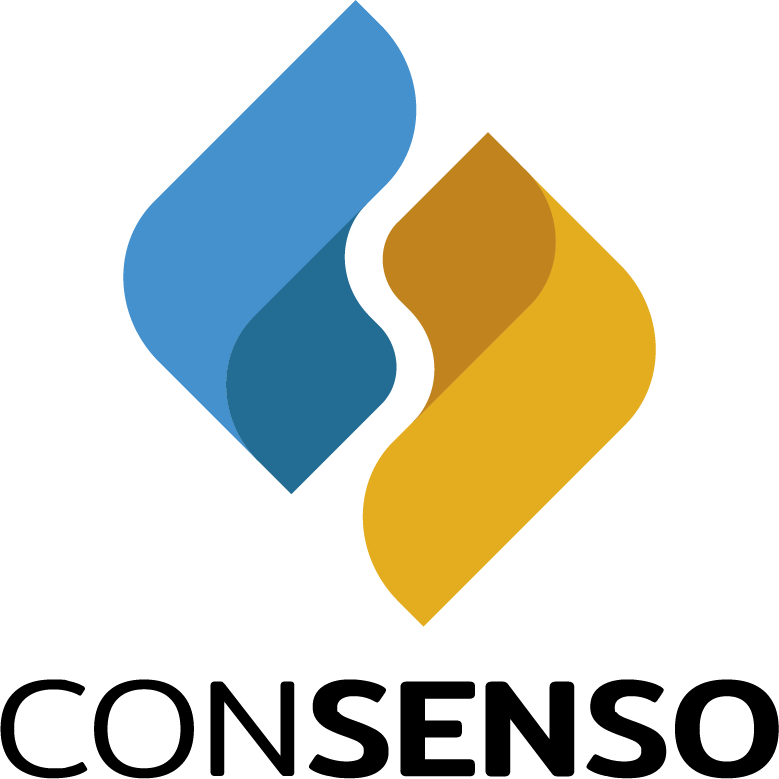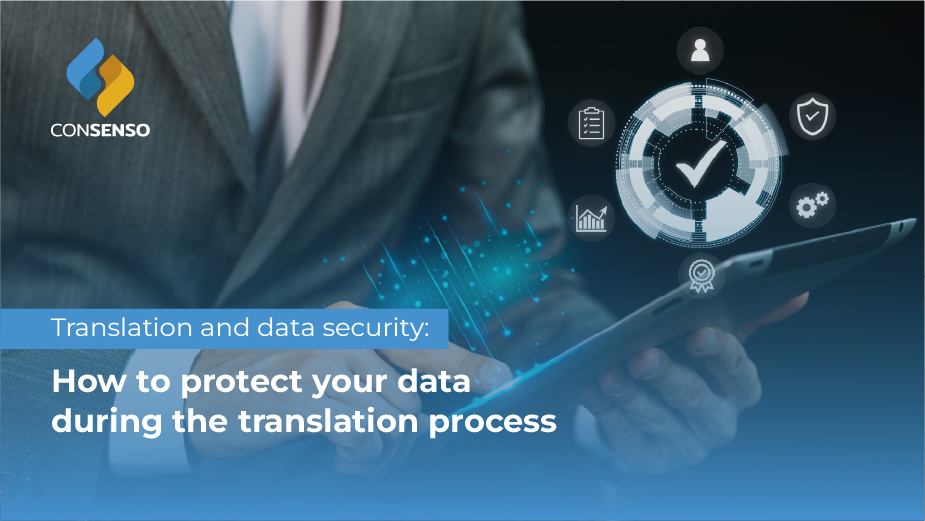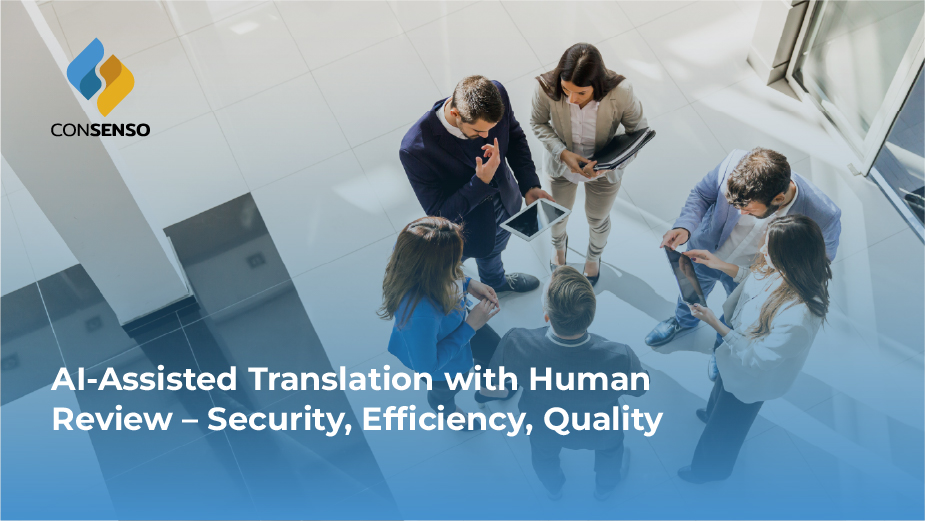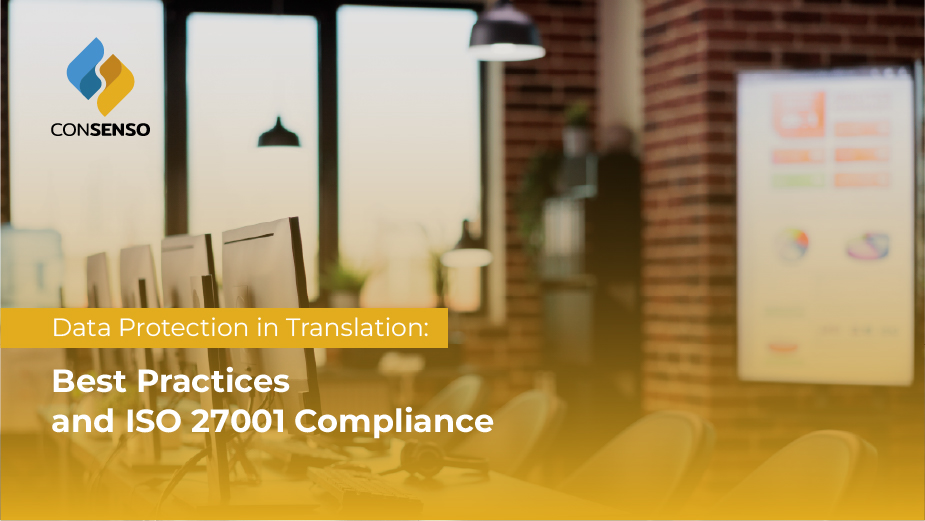In the digital age, where data is one of the most valuable assets, protecting information during the translation process has become a top priority for many companies. From confidential contracts to business strategies, sensitive information requires careful handling, especially when it crosses linguistic and cultural lines.
In this article, we explore how to ensure data security in translation, the potential risks associated with this, and the critical role of translation companies in maintaining confidentiality.
The challenge of maintaining security in translation
The translation process involves sharing documents between companies, translators, and, often, digital platforms. This exchange of information can expose sensitive data to security risks such as unauthorized access, lost information, or even cyberattacks.
Among the most critical documents requiring translation are legal contracts, medical reports, strategic plans, and financial data. Therefore, ensuring the protection of this information throughout the translation process is not optional, but essential.
Some of the main security risks include:
- Leakage of confidential information: If documents are accessible to unauthorized third parties, this may result in their misuse or unintended disclosure.
- Cyberattacks on digital platforms: Cloud-based translation tools can be useful, but they are also a target for cybercriminals.
- Lack of clear regulations: Companies sometimes do not know whether external tools or translators comply with applicable data protection standards.
Best practices for protecting your data in translation
1- Collaborate with reliable suppliers
The first step is to choose an experienced translation company with a clear focus on ensuring data security. These companies usually follow robust confidentiality protocols and use secure information management tools.
2- Ensure regulatory compliance
Verify that your provider complies with international security standards, such as the General Data Protection Regulation (GDPR) in Europe, or industry-specific regulations, such as HIPAA in the medical sector.
3- Use non-disclosure agreements (NDAs)
An NDA (non-disclosure agreement) ensures that translators and collaborators are legally obligated to protect the information they are given and not to disclose it under any circumstances.
4- Use secure technology
Your digital platforms must use advanced encryption methods to protect the documents being sent back and forth as well as those being stored. In addition, AI-based machine translation tools must be configured to ensure that no data is stored on external servers.
5- Provide training and promote awareness
Both translators and internal employees must be trained in cybersecurity. This includes recognizing phishing attempts, handling documents securely, and updating passwords regularly.
The role of translation companies in data security
High-quality translation companies are fully aware of the risks associated with handling confidential data. As such, they have implemented specific practices to maintain security at every stage of the process:
- Advanced technological infrastructure: proprietary or certified platforms that ensure the secure transfer and storage of documents.
- Specialized translators: professionals trained to handle confidential information and follow strict confidentiality protocols.
- Regular audits and controls: continuous verification to ensure that systems and processes meet the highest standards of protection.
In addition, many leading companies offer customized services for industries like the legal, medical, and technology sectors, tailoring their solutions to each customer’s specific security needs.
Conclusion
Protecting confidential information during the translation process is not only a legal obligation in many regions, but also an ethical and strategic responsibility. Choosing a reliable translation partner can make the difference between ensuring effective communication and exposing yourself to unnecessary risk.
In a globalised world, where translation is a gateway to new markets and opportunities, translation companies not only eliminate language barriers, they also become gatekeepers of information, ensuring that data moves securely across languages and cultures.
Having experienced professionals and secure technologies is essential for protecting one of the most valuable assets of any organization: its data.




